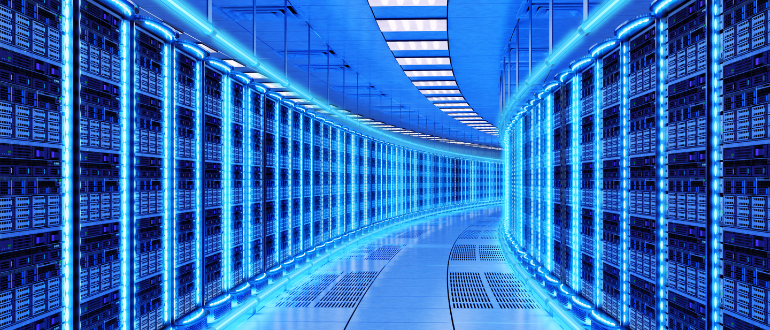
Microsoft says it will switch on what it calls the world’s most powerful AI data center in Mount Pleasant, Wisconsin, in early 2026—an audacious build that mixes eye-popping scale with careful promises about water and power use. Called “Fairwater,” the project starts with a $3.3 billion phase already underway and adds another $4 billion for a second, similar complex, pushing total investment above $7 billion.
The specs, to be sure, are impressive. Microsoft plans “hundreds of thousands” of Nvidia GB200/GB300 GPUs tied together by enough fiber to circle the Earth roughly four to four-and-a-half times. The company says Fairwater will deliver 10x the performance of today’s fastest supercomputers—capacity aimed at training frontier models for an array of AI workloads, from Copilot to OpenAI. The campus spans 315 acres and includes 1.2 million square feet across three buildings, supported by miles of deep foundation piles, heavy steel, and dense underground cabling.
During peak activity, more than 3,000 union construction workers are on site. Once phase one is live, Microsoft expects roughly 500 full-time roles, growing to about 800 after the second campus is finished. Beyond direct jobs, the company is leaning into workforce pipelines: Microsoft partnered with Gateway Technical College to launch what it calls Wisconsin’s first Datacenter Academy. The school will train local talent for operations and IT roles. Furthermore, Microsoft says statewide AI skilling programs have already reached more than 100,000 people, including over a thousand Racine County residents.
Sustainability Focus
In the face of local concern about the facility’s water and power usage, Microsoft is stressing the design’s focus on sustainability. Cooling, typically a water-hungry process for hyperscale sites, will rely more than 90% on a closed-loop liquid system filled during construction and recirculated thereafter. Microsoft describes the installation as the world’s second-largest water-cooled chiller plant, using 172 twenty-foot fans to dissipate heat. For the remaining slice of the campus, outside air handles cooling except on the hottest days.
Power usage is a bigger challenge. Microsoft says it will pre-pay for grid upgrades to avoid pushing costs onto neighbors, and it will match fossil-sourced consumption one-for-one with carbon-free energy, including a new 250-megawatt solar project in Portage County. Even so, environmental groups warn that hyperscale growth strains regional capacity. Clean Wisconsin has estimated that Microsoft’s combined facilities could consume electricity akin to millions of homes, a reminder that AI’s appetite is challenging grids nationwide.
Delivery to be Scrutinized
As noted, the Fairwater project come with hope for job growth, even if modest. But Mount Pleasant has heard grand promises before—in 2017 Foxconn was granted $3 billion in incentives but its project created less than 300 jobs.
Still, the size and scope of Fairwater positions the state as a major node in the AI infrastructure map. Against this gain, delivery will be scrutinized: on-time commissioning in 2026, transparency on energy sourcing, energy bills that don’t spike, water that’s conserved, and an academy that offers access to high value jobs. Local residents will be looking to Microsoft to see that these advantages materialize.

